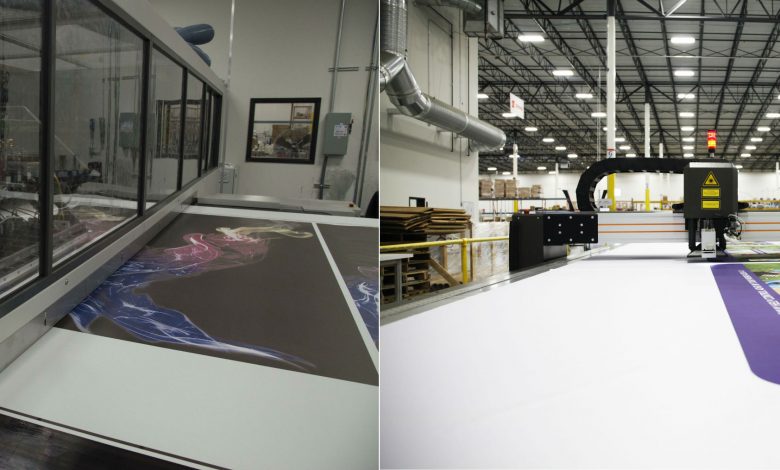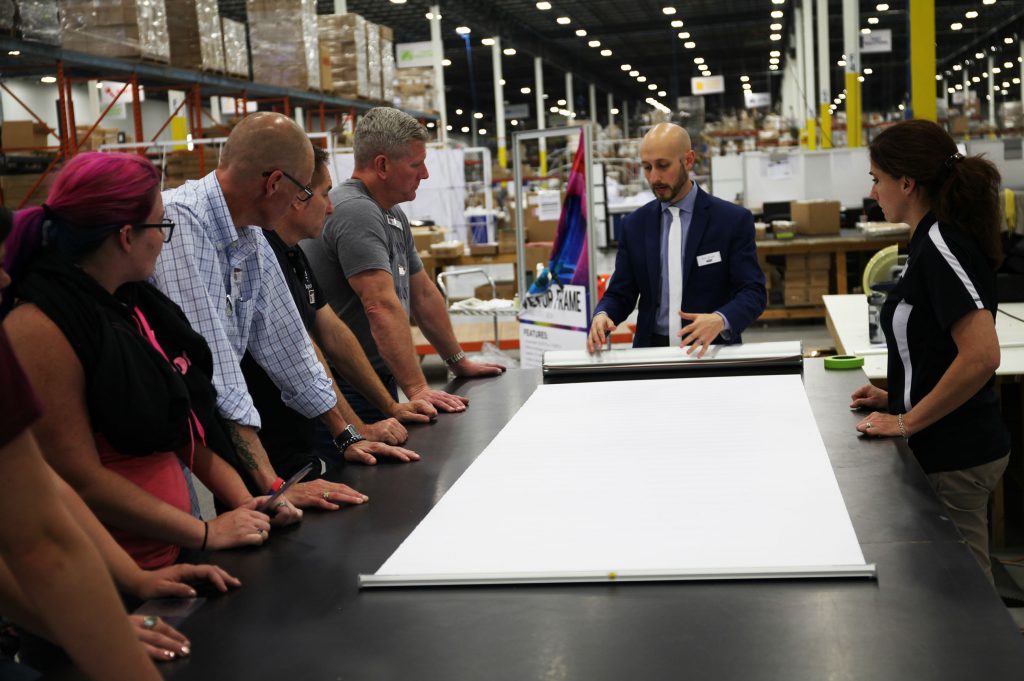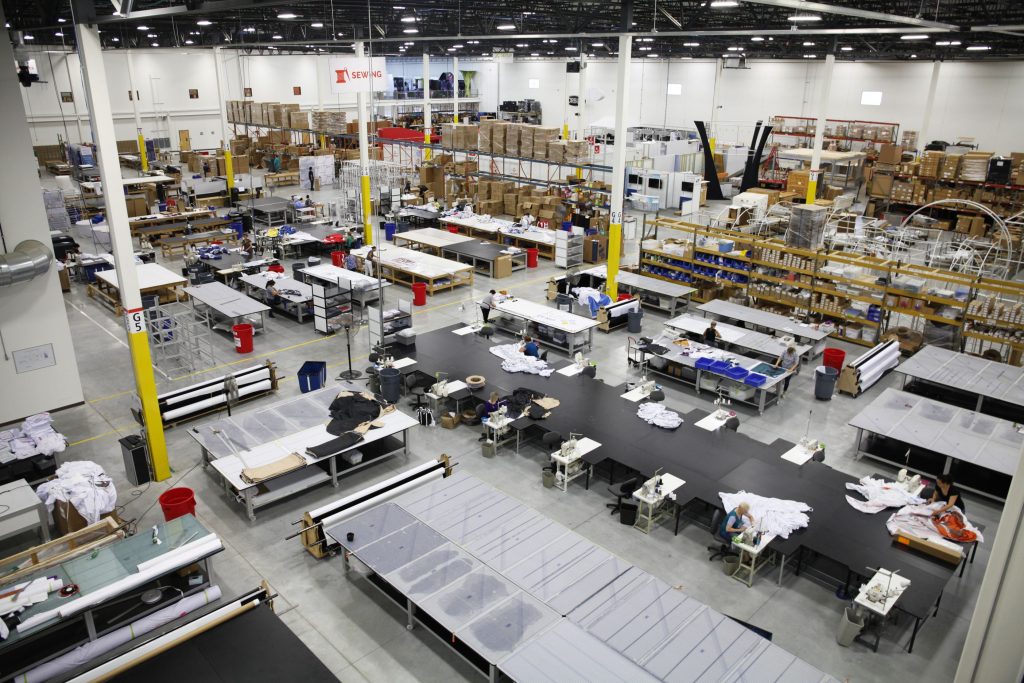Buying Graphics Wholesale
Read on for ways to expand your business without increasing overhead

As an up-and-coming printing and graphics provider, you’ve got big aspirations – and you see the potential for a much wider and potentially profitable audience for your products. When you run the numbers, however, you’ll quickly see that there’s some major work (and some big investment) involved in acquiring the equipment and the technology to do larger projects. That’s where working with a graphics wholesaler can make a lot of sense. Outsourcing some of those jobs to a larger company with significant technological and labor resources can be an easy way to expand your own business without worrying about additional overhead.

Take vehicle wraps, for instance. Tim Hilcove, SmartWrap, an automotive wrap printer, has recently expanded his family’s company to provide nation-wide wholesale services through MySmartWrap.com. In addition to fast and affordable printing services, Hilcove is also looking to share some of his family’s vast business development expertise with smaller graphic shops, helping them to expand their footprint, one step at a time.
“My dad and I have 40 years of franchising experience, working with companies like KFC and McDonald’s, and we started a branding company and then decided to spin off a print company and focus on that,” he says. “We really enjoy working with people and sharing that expertise, giving them tips on selling, tracking inventory and growing their business. Some have even grown into much bigger businesses than ours, which is really cool.”
SmartWrap is able to produce custom wrap products for vehicles, trailers, buses and even some wall graphics, using an HP Latex 570 printer to output onto 60-inch vinyl and 54-inch film.
“If customers provide us print-ready artwork, and we can print without fixes, we can often print the same day and can complete almost any job within 24-48 hours,” he says. “We also have design services available at an hourly rate.”
Hilcove says he deals with many smaller companies who aren’t even necessarily in the print business but have an interest in the opportunities available through wrap jobs and have taught themselves how to do installations. But it’s still up to the individual to try to figure out when a part-time interest in wrap work might blossom into a more lucrative sideline, and Hilcove is happy to try to help.
“The big question small companies have to ask is, ‘what should I be doing more of?’ Consider the costs if you tried to print wraps yourself-a printer and laminator, a design computer and RIP software, plus a trained designer might cost you $70,000 to $100,000 before you’ve even sold anything. We like to assist people on how to sell and position themselves.”
The same goes for smaller companies who’ve found customers interested in exhibit-styled sign work, but aren’t quite ready to make the leap to acquiring the tools and expertise required for quality products. Natalie Whited, Orbus Exhibit & Display Group, offers a similar mix of positives for small companies seeking wholesaler help: enormous technological expertise and capacity, as well as a training program to help small businesses sell more.
“We have a 350,000-square-foot facility with 15 printers and three shifts working 24 hours a day, six days a week,” she says. “Our largest segment is the sign franchise business and working with people who need solutions for wall-mounted and standalone displays for hospitals, schools, universities, outside events or the automotive industry.”
Whited says Orbus can also enhance a smaller graphics provider’s business through a range of services that would be hard to replicate in a single shop, including a vast art services division that can help develop images at an hourly rate.
“We have an industrial-scale dye-sublimation printer worth a million dollars, we have UV and we can quickly do vinyl and hanging banners. And for fabric graphics that require a lot of finishing, we have a staff of 30 sewers who can do the beading and grommet finishing work.”

And just as Hilcove says, Whited suggests smaller companies need to evaluate whether or not working with a retailer will help provide the necessary edge (and potential income), versus taking a do-it-yourself approach. “A business owner has to do the analysis and see what they’ll be able to return over three to five years if they invest in their own equipment,” she says. “If they see opportunities but lack the capability and the capacity, we see what we can do to offset that.”
In addition to raw production and product finishing expertise, Orbus also offers education and training to its smaller customers through its Orbus University program, a hands-on workshop which offers participants the opportunity to see the entire range of exhibit display and graphics being produced and finished, and to become better salespeople.
“It’s often the beginning of a great, consultative relationship,” she adds.